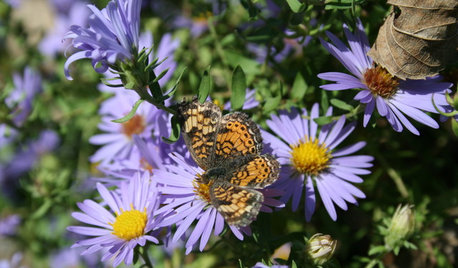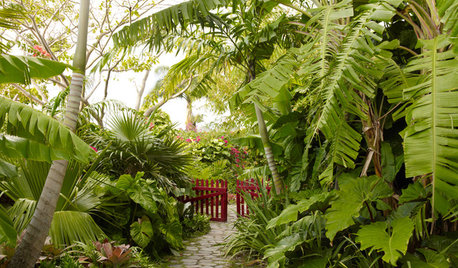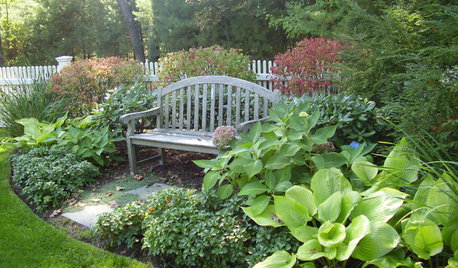Plant exploration re. dearth of botanists
cranebill
17 years ago
Related Stories


LANDSCAPE DESIGNWild Gardens Bring Excitement and Beauty to Landscapes
Forget what’s expected and ‘fashionable.’ Bold gardens teeming with site-appropriate plants make for a richer experience
Full Story
SHOP HOUZZShop Houzz: A Dreamy Botanical Retreat
Get a nature-inspired interior laden with details and drama
Full Story
GARDENING GUIDES15 Ideas to Try in Your Garden This Year
These gardening stories were tops among Houzz readers. Which ideas might you try this year?
Full Story
DECORATING GUIDESSpotted! Decorating Schemes Turn Over a New Leaf
Think big when it comes to bringing the outside in via tropical leaf prints
Full Story
GARDENING AND LANDSCAPINGLandscape Design: A Secret Garden
Create a sense of discovery in your garden with an unexpected clearing, a shady arbor or a secluded nook
Full Story






taxonomist
Josh
Related Professionals
Clemson Landscape Architects & Landscape Designers · Taylorsville Landscape Architects & Landscape Designers · East Patchogue Landscape Architects & Landscape Designers · Elkridge Landscape Contractors · Federal Way Landscape Contractors · Kaneohe Landscape Contractors · Los Banos Landscape Contractors · New Berlin Landscape Contractors · New Braunfels Landscape Contractors · Plainview Landscape Contractors · North Hills Landscape Contractors · Aliso Viejo Fence Contractors · Cherry Hill Fence Contractors · Homestead Fence Contractors · San Rafael Fence Contractorspaalexan
pineresin
flash14756